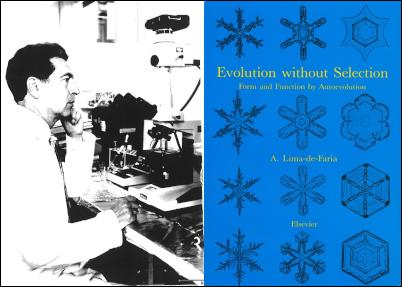Another unusual, life-free exoplanet
“’Exotic’ planet is densest of its kind: 55 Cancri e as dense as lead and has year less than 18 hours long,” we learn from Emily Chung, CBC News (Apr 29, 2011): 55 Cancri e is a super-Earth located in a very tight, short orbit around a yellow dwarf star similar to Corot-7b, above. Corot 7b was confirmed in 2009 to be the first rocky extrasolar planet. (European Southern Observatory/Associated Press)A rocky planet that is as dense as lead and where a year lasts less than 18 hours has been described by a team of U.S. and Canadian scientists.”On this world — the densest solid planet found anywhere so far, in the solar system or beyond — you would weigh three Read More ›

 Consider some feature of the universe, such as its beginning to exist (assuming that it did begin to exist). There are various competing explanations we can consider for such a feature, and one of those explanations will be that the feature was due to an intelligent cause. We may judge this explanation to be the best one but it doesn’t follow that the explanation is true. The right account could be that there’s no explanation at all for why the universe has the feature that it does.
Consider some feature of the universe, such as its beginning to exist (assuming that it did begin to exist). There are various competing explanations we can consider for such a feature, and one of those explanations will be that the feature was due to an intelligent cause. We may judge this explanation to be the best one but it doesn’t follow that the explanation is true. The right account could be that there’s no explanation at all for why the universe has the feature that it does.
